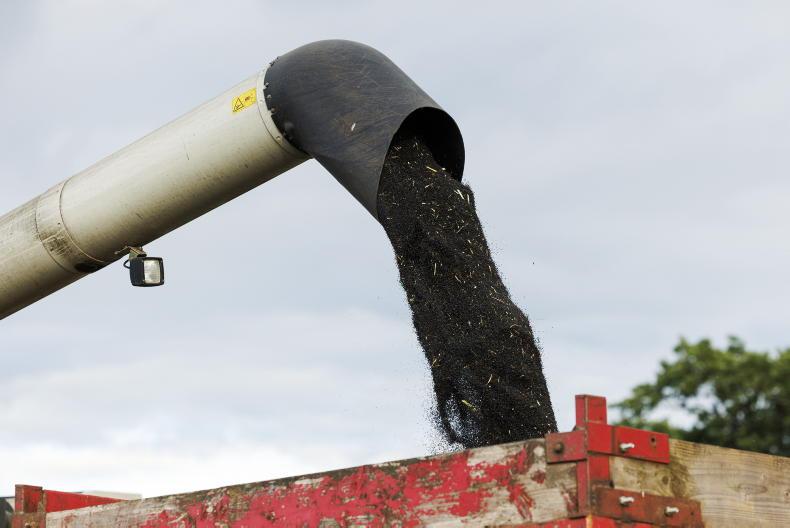Infant kangaroo faecal microbes might help reduce methane emissions from cattle, scientists at Washington State University (WSU) have found.
A microbial culture developed from juvenile kangaroo faeces inhibited methane production in a cow stomach simulator at the university.
The addition of the microbes to the simulated stomach produced acetic acid instead of methane. Unlike methane, acetic acid also has benefits for cattle, as it aids muscle growth.
The research was published in the journal Biocatalysis and Agricultural Biotechnology and was peer reviewed.
Study
Researchers at WSU’s College of Agricultural, Human and Natural Resource Sciences had previously studied fermentation and anaerobic processes in cattle stomachs. They designed an artificial cow rumen in the process of their work to simulate cow digestion.
Led by Professor Birgitte Ahring, the scientists set about investigating how to combat methane-producing bacteria in their artificial cow rumen.
They learned that kangaroos have acetic acid-producing, instead of methane-producing, bacteria in their foregut.
Testing faeces from a number of captive kangaroos, the US researchers learned that the specialised acetic acid-producing process only occurred in infant kangaroos or joeys and not in adult individuals.
Unable to separate out the specific bacteria that might be producing the acetic acid, the researchers used a mixed culture developed from the faeces of the baby kangaroo and added it to the artificial stomach instead.
Reduced methane
The acetic acid bacteria were able to replace the methane-producing microbes for several months in the artificial stomach, with a similar growth rate as the methane-producing microbes.
While the WSU researchers have tested their system in the simulated rumen, they hope to try it on real cows sometime in the future.
However, it is not clear how the infant kangaroo faeces would be collected and fed to cattle with scale.
“It is a very good culture. I have no doubt it is promising.
“It could be really interesting to see if that culture could run for an extended period of time, so we would only have to inhibit the methane production from time to time. Then, it could actually be a practice,” Professor Ahring said.
Read more
UK farmers set about breeding low-methane sheep
Genotyping the herd could deliver net benefit of €650m
Methane models over-estimate what Irish cows produce
Infant kangaroo faecal microbes might help reduce methane emissions from cattle, scientists at Washington State University (WSU) have found.
A microbial culture developed from juvenile kangaroo faeces inhibited methane production in a cow stomach simulator at the university.
The addition of the microbes to the simulated stomach produced acetic acid instead of methane. Unlike methane, acetic acid also has benefits for cattle, as it aids muscle growth.
The research was published in the journal Biocatalysis and Agricultural Biotechnology and was peer reviewed.
Study
Researchers at WSU’s College of Agricultural, Human and Natural Resource Sciences had previously studied fermentation and anaerobic processes in cattle stomachs. They designed an artificial cow rumen in the process of their work to simulate cow digestion.
Led by Professor Birgitte Ahring, the scientists set about investigating how to combat methane-producing bacteria in their artificial cow rumen.
They learned that kangaroos have acetic acid-producing, instead of methane-producing, bacteria in their foregut.
Testing faeces from a number of captive kangaroos, the US researchers learned that the specialised acetic acid-producing process only occurred in infant kangaroos or joeys and not in adult individuals.
Unable to separate out the specific bacteria that might be producing the acetic acid, the researchers used a mixed culture developed from the faeces of the baby kangaroo and added it to the artificial stomach instead.
Reduced methane
The acetic acid bacteria were able to replace the methane-producing microbes for several months in the artificial stomach, with a similar growth rate as the methane-producing microbes.
While the WSU researchers have tested their system in the simulated rumen, they hope to try it on real cows sometime in the future.
However, it is not clear how the infant kangaroo faeces would be collected and fed to cattle with scale.
“It is a very good culture. I have no doubt it is promising.
“It could be really interesting to see if that culture could run for an extended period of time, so we would only have to inhibit the methane production from time to time. Then, it could actually be a practice,” Professor Ahring said.
Read more
UK farmers set about breeding low-methane sheep
Genotyping the herd could deliver net benefit of €650m
Methane models over-estimate what Irish cows produce










SHARING OPTIONS